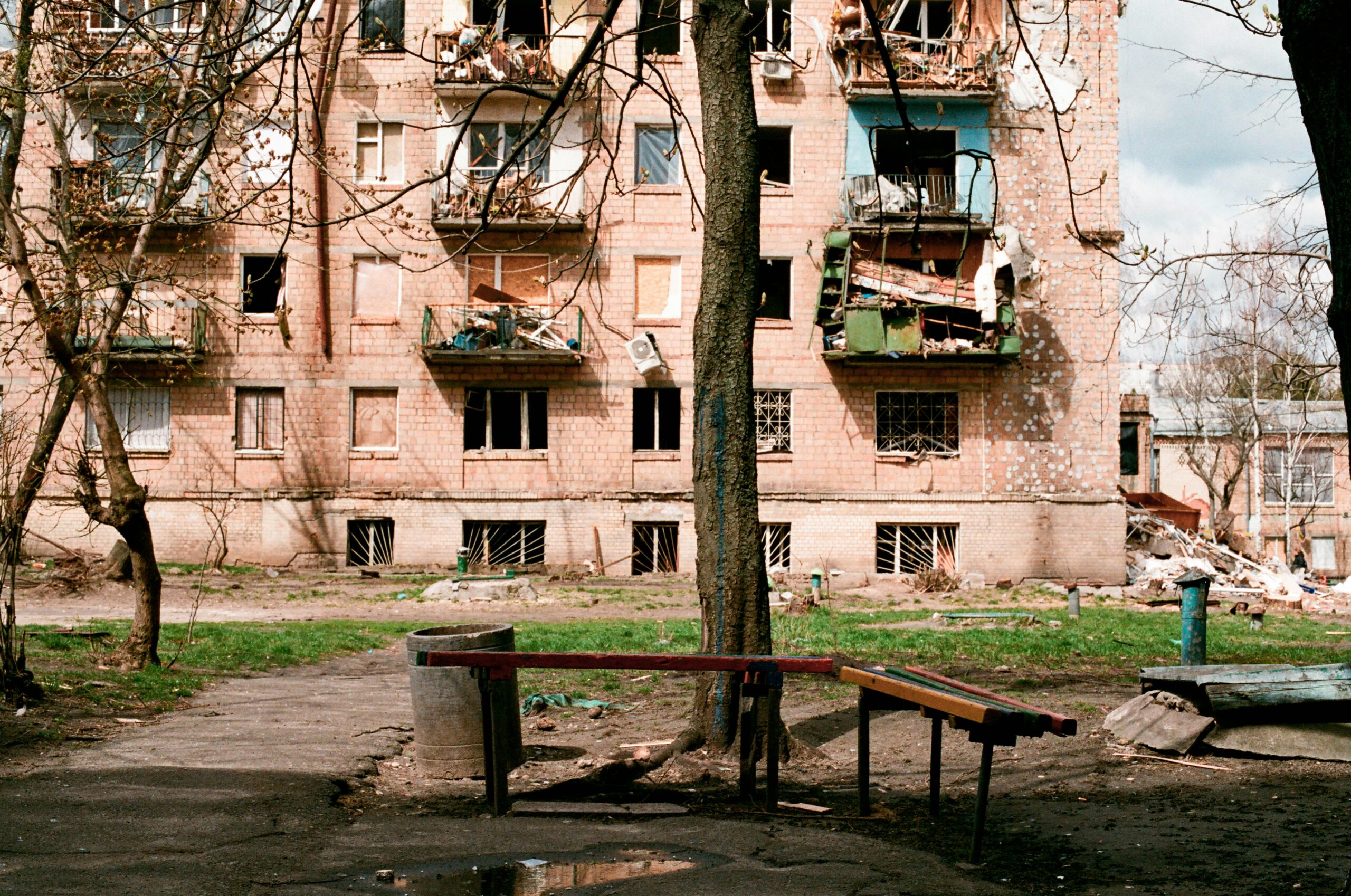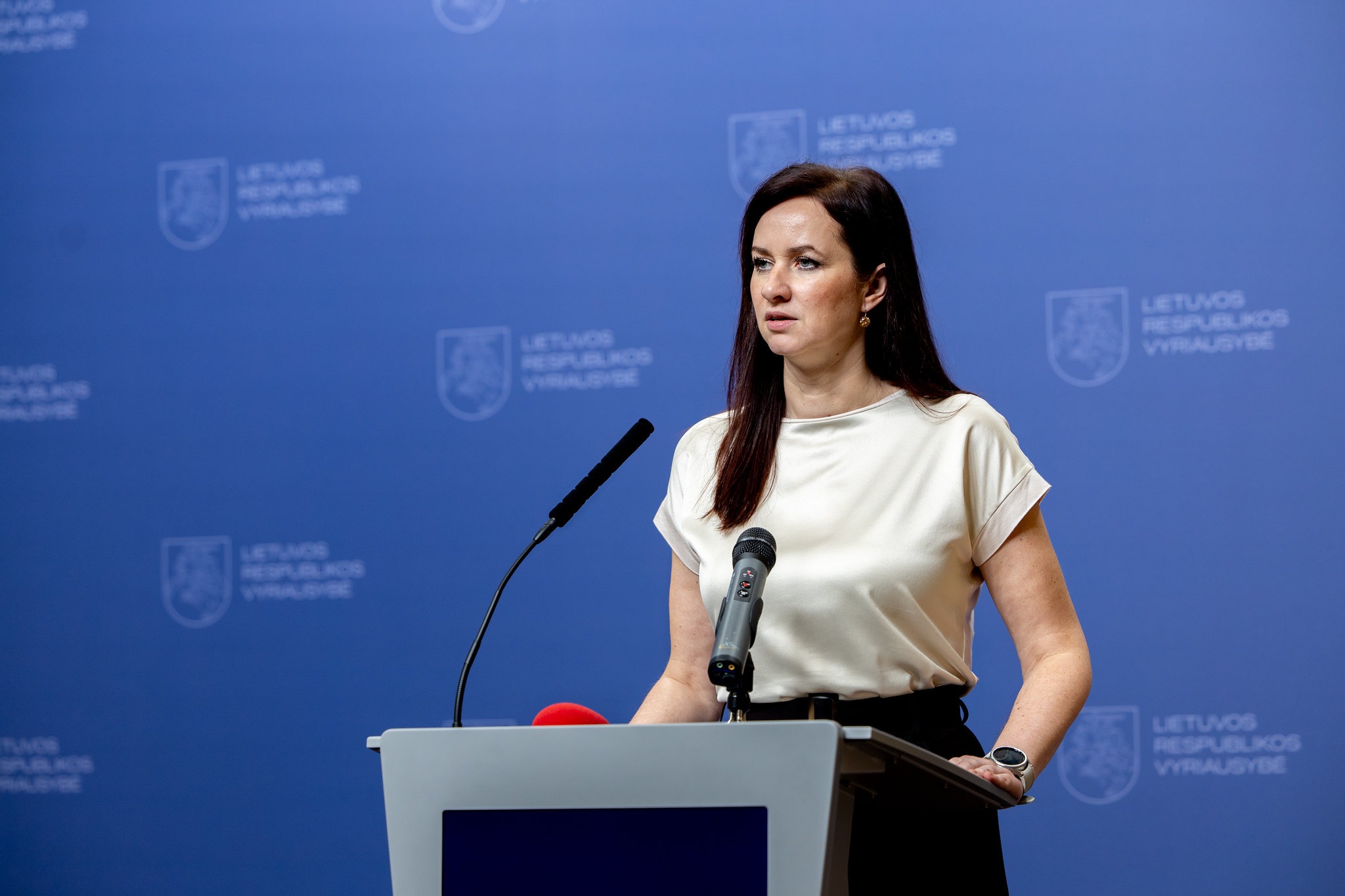
Main narratives:
- Anti-establishment sentiments
- Russophobia
Overview:
In the last week of October 2025, Estonia’s Government Office announced that it had hired journalist Henrik Roonemaa to study how to reduce public fear of war – a decision that quickly drew widespread criticism, particularly across online media. Many commentators questioned whether outsourcing such a sensitive communication task to a journalist blurred the boundary between independent media and state messaging, and whether the aim was to genuinely address public insecurity or simply to “manage” anxiety.
Surveys showing that only 36% of Estonians felt the country’s security was guaranteed added to public unease, with critics arguing that the state should focus on strengthening readiness rather than soothing nerves. Experts noted that no leading politician had yet found an effective way to discuss national defence in a manner that instils calm rather than dread, suggesting that this communication problem was, in part, of the government’s own making. Analysts also questioned the initiative’s effectiveness and transparency, citing its short timeline, vague deliverables, and lack of measurable goals.
Meanwhile, pro-Kremlin online commentators amplified the controversy, deriding the project as a “Ministry of Calm” and mocking Estonia as “too hysterical to govern itself.” Russian-language social-media channels circulated memes about Tallinn “hiring journalists to tell people not to panic,” turning the initiative into a propaganda punchline and framing it as evidence of Estonia’s “Russophobic paranoia” and supposed dependence on the West.
Another topic widely discussed in Russian-language social media groups was a report about a Ukrainian student from the Tallinn Center for Industrial Education, who told journalists about the lack of safety and unequal treatment of Russian-speaking students at the institution. The student claimed that both Russian-speaking and Ukrainian learners faced humiliation based on language use: “The school operates a mixed-language program – 60% of classes are in Estonian and 40% in Russian. Sometimes teachers openly say: ‘I can speak Russian, but I won’t do it on purpose.’ Or they comment: ‘Stop speaking Russian among yourselves.”
A large portion of commenters reacted by asserting that this allegedly reflects the “Russophobic policies” of the Estonian government, while others expressed schadenfreude, claiming that “Ukrainians have suddenly remembered the Russian language” and are now complaining about restrictions on its use. The language issue also resurfaced in connection with the recent municipal election results. In the Estonian-language segment of social media, a video went viral showing Kirill Kolchin, a newly elected Kohtla-Järve city council member from a populist party, asking for help finding an Estonian language tutor. This prompted conservative commentators to renew calls for mandatory Estonian language proficiency exams for Russian-speaking electoral candidates. Critics of the idea, however, argued that such a measure would violate the principle of equal electoral rights. Nevertheless, the very emergence of this debate highlights that language proficiency remains a politically sensitive and divisive issue in Estonia – one that could be exploited in hostile information campaigns aimed at deepening social polarization and discrediting Estonia’s integration policies.









